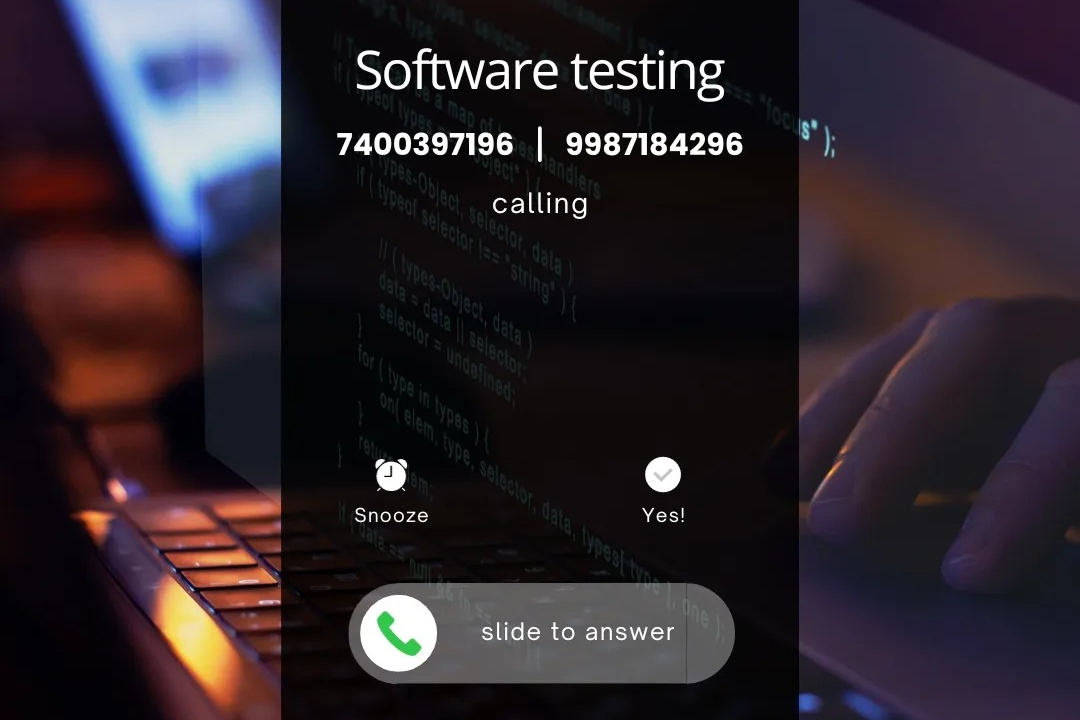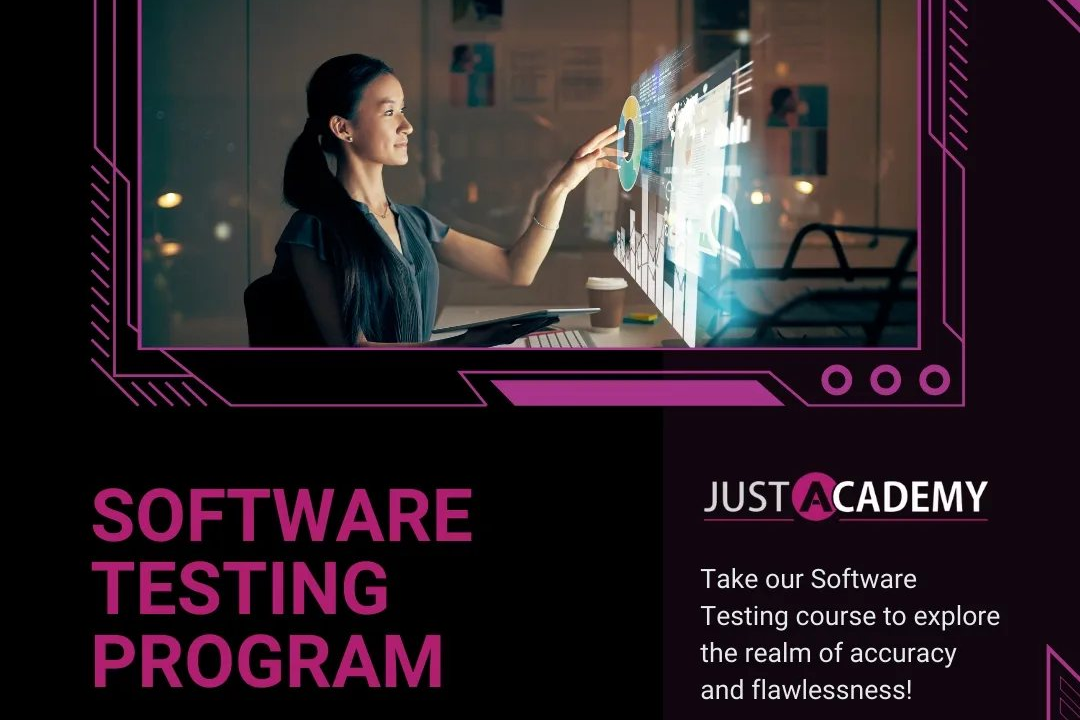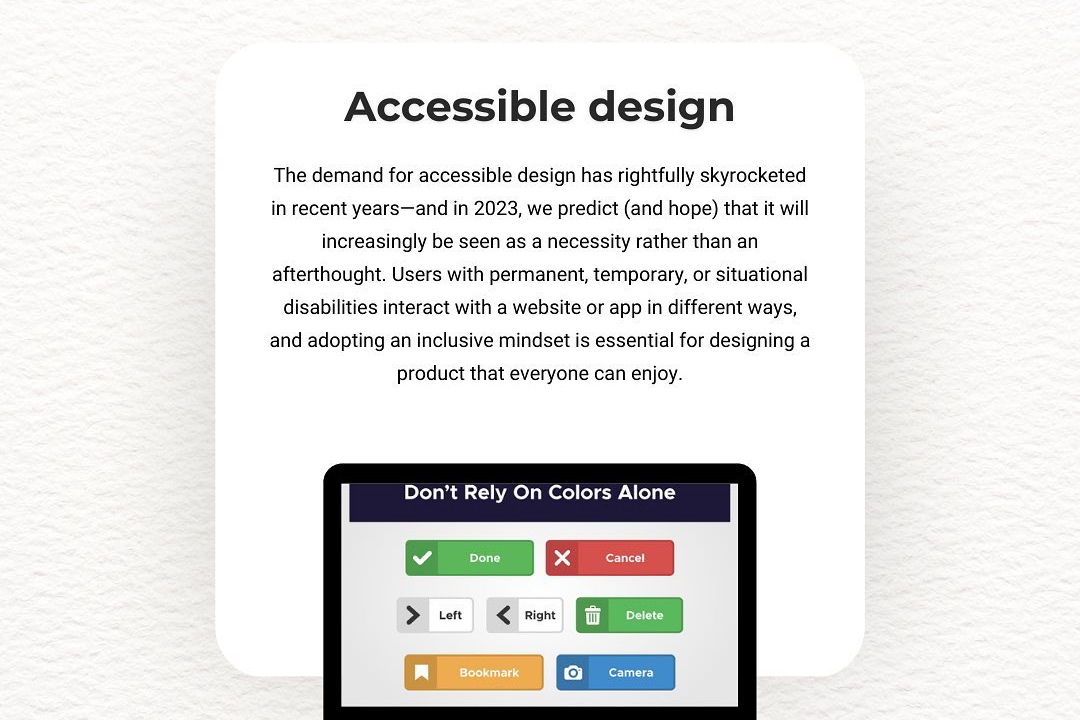Alternative.Me React-Native21 Best React Native Alternatives Reviews Pros & Cons
Alternative.me presents a comprehensive review of the 21 best alternatives to React Native, focusing
Alternative.Me React-Native21 Best React Native Alternatives Reviews Pros & Cons
Alternative.me's review of the 21 best alternatives to React Native serves as a valuable resource for developers looking to choose the right framework for cross-platform mobile app development. By providing insights into various alternatives such as Flutter, Xamarin, and NativeScript, the review highlights the unique features, advantages, and disadvantages of each option. This comparison is useful as it allows developers to evaluate factors such as development speed, community support, performance, and ease of use, ultimately enabling them to make informed decisions tailored to their specific project requirements and goals. The thorough analysis aids in identifying the most suitable framework that aligns with both technical needs and business objectives.
To Download Our Brochure: https://www.justacademy.co/download-brochure-for-free
Message us for more information: +91 9987184296
Alternative.me's review of the 21 best alternatives to React Native serves as a valuable resource for developers looking to choose the right framework for cross platform mobile app development. By providing insights into various alternatives such as Flutter, Xamarin, and NativeScript, the review highlights the unique features, advantages, and disadvantages of each option. This comparison is useful as it allows developers to evaluate factors such as development speed, community support, performance, and ease of use, ultimately enabling them to make informed decisions tailored to their specific project requirements and goals. The thorough analysis aids in identifying the most suitable framework that aligns with both technical needs and business objectives.
Course Overview
The course “Alternative.me: React Native - 21 Best React Native Alternatives Reviews, Pros & Cons” offers an in-depth exploration of various frameworks that serve as alternatives to React Native for cross-platform mobile app development. Participants will gain insights into the strengths and weaknesses of 21 different frameworks, such as Flutter, Xamarin, and NativeScript, through comprehensive reviews. Each session will focus on factors like performance, community support, ease of use, and development speed, helping students understand which alternative best suits their project needs. By the end of the course, learners will be equipped with the knowledge necessary to select an appropriate framework for their mobile app development ventures, ensuring they make informed decisions aligned with their goals.
Course Description
The “Alternative.me: React Native - 21 Best React Native Alternatives Reviews, Pros & Cons” course provides a thorough examination of the top alternatives to React Native, catering to developers looking to broaden their toolkit for mobile app development. This comprehensive program delves into 21 different frameworks, offering detailed reviews that highlight each option's advantages and disadvantages. Participants will explore critical aspects such as ease of use, performance metrics, community support, and integration capabilities. By evaluating these alternatives, students will gain a nuanced understanding of how to choose the best framework for their unique project requirements, ultimately enhancing their ability to create high-quality, cross-platform applications.
Key Features
1 - Comprehensive Tool Coverage: Provides hands-on training with a range of industry-standard testing tools, including Selenium, JIRA, LoadRunner, and TestRail.
2) Practical Exercises: Features real-world exercises and case studies to apply tools in various testing scenarios.
3) Interactive Learning: Includes interactive sessions with industry experts for personalized feedback and guidance.
4) Detailed Tutorials: Offers extensive tutorials and documentation on tool functionalities and best practices.
5) Advanced Techniques: Covers both fundamental and advanced techniques for using testing tools effectively.
6) Data Visualization: Integrates tools for visualizing test metrics and results, enhancing data interpretation and decision-making.
7) Tool Integration: Teaches how to integrate testing tools into the software development lifecycle for streamlined workflows.
8) Project-Based Learning: Focuses on project-based learning to build practical skills and create a portfolio of completed tasks.
9) Career Support: Provides resources and support for applying learned skills to real-world job scenarios, including resume building and interview preparation.
10) Up-to-Date Content: Ensures that course materials reflect the latest industry standards and tool updates.
Benefits of taking our course
Functional Tools
1 - Framework Comparison Tools: This course provides access to various framework comparison tools that allow students to analyze the strengths and weaknesses of React Native alternatives. These tools facilitate side by side comparisons, enabling learners to evaluate performance metrics, user experience, and community support. With this information, students can make informed decisions about which framework best suits specific project requirements.
2) Code Editors: Students will be trained on popular code editors such as Visual Studio Code, Atom, and Sublime Text. These editors are equipped with features like syntax highlighting, code suggestions, and debugging capabilities, which enhance the coding experience. Learning to effectively use these tools will enable students to write and troubleshoot code more efficiently while working on their projects.
3) Version Control Systems: The course introduces students to version control systems like Git, which are essential for managing code changes and collaborating with other developers. Understanding version control allows students to track modifications, revert to previous versions, and seamlessly collaborate on team projects. This knowledge is fundamental for any developer aiming to work in a professional environment.
4) Testing Tools: Familiarity with testing frameworks such as Jest and Mocha is essential for modern development practices. This course includes hands on training for writing unit tests and integration tests, helping students ensure their code's quality and functionality. By mastering testing tools, students will minimize bugs and improve the overall reliability of their applications.
5) Mobile Emulators and Simulators: Students will work with mobile emulators and simulators such as Android Studio and Xcode. These tools allow learners to test applications on virtual devices without requiring real hardware. Understanding how to utilize these emulators will enable students to debug and optimize their applications across various platforms, ensuring a smooth user experience.
6) Project Management Tools: Tools such as Trello, Asana, or JIRA will be introduced to help students manage their project workflows effectively. These platforms can optimize collaboration, task assignment, and progress tracking among team members. Learning to navigate these tools equips students with essential skills for managing software development projects in professional settings, fostering an organized and efficient approach to project delivery.
7) API Testing Tools: The course offers exposure to API testing tools such as Postman or Insomnia, which are crucial for testing backend services that integrate with mobile applications. Students will learn to create and send requests, analyze responses, and ensure that APIs function as intended. Proficiency in these tools helps students develop applications that rely on external data sources effectively.
8) Design Prototyping Tools: Familiarization with design tools like Figma or Adobe XD is included in the curriculum to aid students in creating user interface mockups and prototypes. Learning these design tools allows students to visualize their application's user experience before development begins, bridging the gap between design and implementation for better project outcomes.
9) Community Support Platforms: The course highlights the importance of online communities and platforms like Stack Overflow and GitHub. Students are encouraged to participate in discussions, seek assistance, and contribute to open source projects. Engaging with these communities fosters a collaborative spirit and provides additional resources for troubleshooting and learning beyond the classroom.
10) Continuous Integration/Continuous Deployment (CI/CD) Tools: Students will be exposed to CI/CD tools such as Jenkins or CircleCI, which automate the process of integrating code changes and deploying applications. Understanding CI/CD practices enhances students' ability to deliver high quality code quickly and efficiently, an essential skill in the fast paced world of software development.
By incorporating these tools into the training program, JustAcademy empowers students with a comprehensive skill set that covers all aspects of mobile app development while exploring alternatives to React Native. Through hands on experience and practical applications, students can confidently transition into various development roles in the industry.
Here are additional points to enhance the course offering and training experience for students at JustAcademy:
11 - Responsive Design Techniques: The course will cover vital concepts of responsive design, teaching students how to create applications that adapt seamlessly to various screen sizes and orientations. Focus will be on using frameworks like Bootstrap and CSS Grid, enabling students to build user friendly interfaces that enhance the mobile experience.
12) Component Libraries: Students will learn about popular component libraries, such as Material UI and Ant Design, which allow for rapid UI development. By utilizing these libraries, students can save time on design and implementation while ensuring that their applications maintain a professional aesthetic.
13) State Management Libraries: Training will include the use of state management libraries, such as Redux and MobX, which are crucial for maintaining and managing the state of applications efficiently. Understanding these libraries will equip students with the ability to handle complex data flows and improve the maintainability of their applications.
14) Deployment Strategies: Students will explore various deployment strategies using platforms like Heroku and AWS. This includes learning how to host mobile web applications and services effectively, manage scaling, and ensure applications are accessible to users post launch.
15) Code Quality Tools: The importance of maintaining code quality will be emphasized through tools such as ESLint and Prettier. Students will learn best practices for writing clean and maintainable code, which will contribute to better collaboration and smoother project handoffs within teams.
16) Mobile Security Best Practices: The course will address security concerns in mobile applications, including data encryption and secure API practices. Students will gain insights into how to protect user data and create secure applications that comply with industry standards.
17) Performance Optimization Techniques: Instruction will focus on techniques for optimizing application performance, including lazy loading, code splitting, and efficient asset management. These strategies will help students ensure their applications run smoothly and efficiently on mobile devices.
18) User Experience (UX) Principles: Understanding the fundamentals of UX design will be integral to the curriculum. Students will learn to incorporate UX principles into their projects, ensuring that applications meet user needs while providing aesthetically pleasing and intuitive interactions.
19) Real time Features Implementation: Students will explore building real time features using technologies such as WebSockets or Firebase. This knowledge enables them to create dynamic applications that offer real time updates, enhancing user engagement and interactivity.
20) Career Development Workshops: JustAcademy will provide career development workshops that help students polish their resumes, prepare for technical interviews, and develop soft skills necessary for successful job placement. Guest speakers and industry experts will share insights, further preparing students for their professional journeys.
21 - Portfolio Development: Emphasis will be placed on building a robust portfolio that showcases completed projects and skills acquired throughout the course. Students will receive guidance on how to present their work effectively, making them stand out to potential employers.
22) Collaboration with Real Clients: Opportunities will be provided for students to work on real time projects with actual clients. This experience will give them practical exposure to project requirements, stakeholder management, and client communication, making them job ready upon course completion.
23) Networking Opportunities: Students will be encouraged to participate in networking events, webinars, and meetups to connect with industry professionals. These opportunities will broaden their professional connections and may result in job placements or collaborations.
24) Post Course Support: JustAcademy will offer post course support, including access to alumni networks, mentorship programs, and additional resources. This continuity will assist students in their ongoing learning and career advancement long after they complete their certification.
25) Feedback Mechanisms: Regular feedback sessions will be integrated into the learning process, allowing students to receive constructive criticism on their projects. This iterative approach to feedback helps foster improvement and encourages a growth mindset.
By incorporating these additional points into the training curriculum, JustAcademy ensures that students receive a well rounded education, equipping them with the necessary skills, knowledge, and real world experience to thrive in their development careers.
Browse our course links : https://www.justacademy.co/all-courses
To Join our FREE DEMO Session:
This information is sourced from JustAcademy
Contact Info:
Roshan Chaturvedi
Message us on Whatsapp:
Email id: info@justacademy.co












